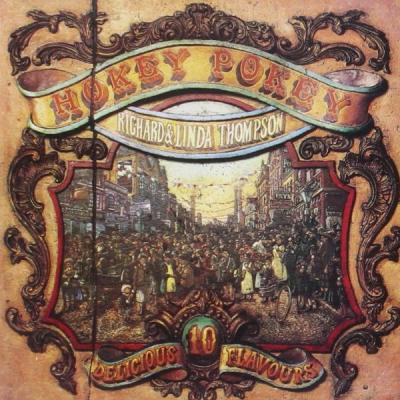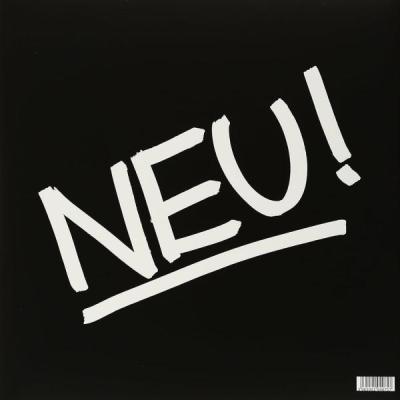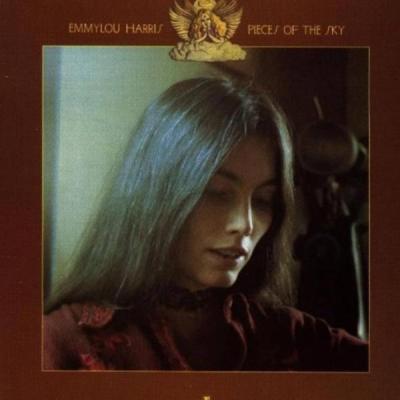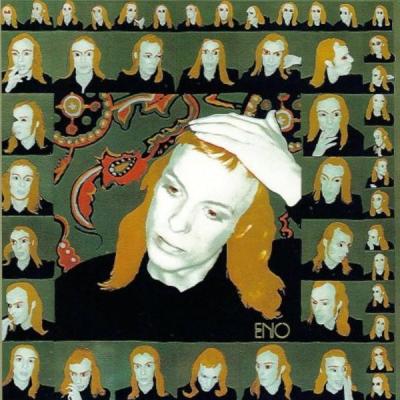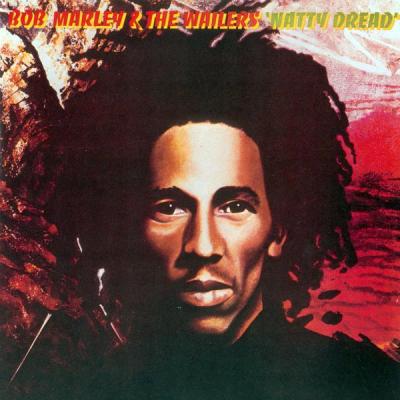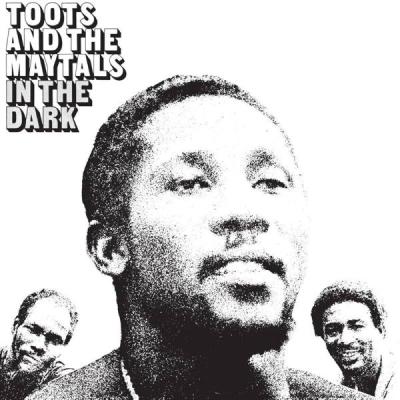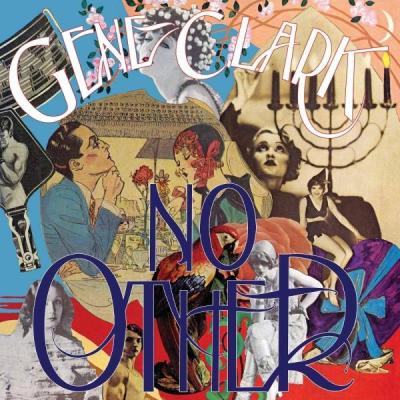

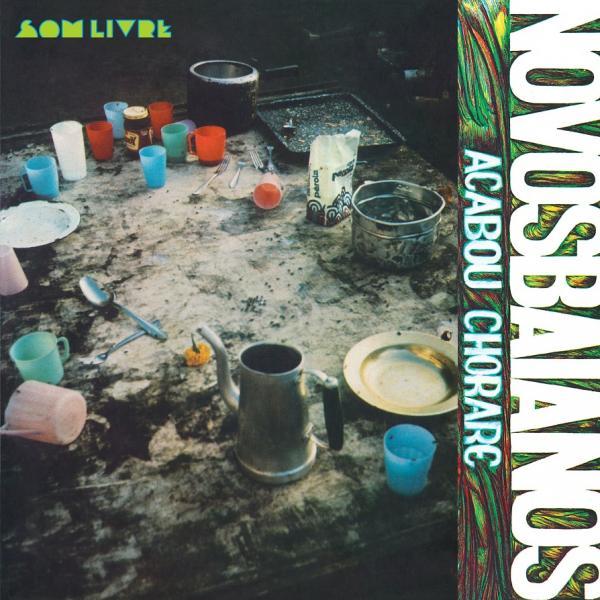
Los Novos Baianos: Acabou Chorare
Album #149 - March 1972
Episode date - March 17, 2021
Over the past decade or so, I’ve developed a strong interest in Brazilian music, but as a native North American who speaks no Portuguese, so much of it remains a mystery to me.
I understand virtually none of the lyrics, except when I grow curious enough to find translations on the Internet, so most of it remains exotic and confounding. When I do go to the trouble of investigating the meaning behind the songs, I’m often astounded. Even in translation, the songs usually retain an air of mysterious beauty because Brazilian songwriters are nothing if not poetic.
Still, even with a good number of years exploring the depth and richness of Brazilian music culture, there is little doubt that my familiarity barely scratches the surface. It’s when I discover an album like “Acabou Chorare” (I looked it up – it means “No More Crying”) that drives home the point of how little I really know. I never even knew that Los Novos Baianos (The New Bahians, Bahia being one of Brazil’s 26 states) existed until this project led me to explore a bit deeper into Brazilian music from the 1970s, and after just a few listens, it quickly became one of my favorite albums, from any country, culture or timeframe.
You don’t have to speak the language to appreciate the sheer beauty of these songs, or the incredible talent exhibited by the band’s performance. For melody and variety alone, there aren’t many other albums that could compete with “Acabou Chorare,” but that only represents a part of its appeal. There is such a deep undercurrent of cultural pride on this album, with sing-along choruses (that always seem to work brilliantly in Brazilian music) and syncopated rhythms that could dance circles around any American album from this same era. One listen to “Besta e Tu” (which, rather comically translates to “You’re a Jerk”) proves the point. While bemoaning the point that too many of us live our lives as though we are escaping the reality of the only world we know, the music makes you feel the beauty of what you’re missing; “the Maracana stadium during a match, the little boy’s toy, the brunette woman from Rio”. It’s a study in learning to appreciate what is right in front of you, and the music makes it impossible to deny. Essentially, the entire album is a study in overcoming melancholy by learning to appreciate the things that can provide happiness.
For non-Portuguese speaking Americans, “Acabou Chorare” plays like the aural equivalent of seeing a stunningly beautiful woman (or man) for the first time. You can solely enjoy the superficial aspects, or you can go deeper to discover the beauty of the soul. The more I listen and the more I learn about “Acabou Chorare”, the more I am falling in love with it. My immersion into Brazilian music started because of an innate recognition of the genre’s intrinsic diversity and beauty, so to discover an album previously unknown to me that uses those same characteristics as its central theme is like tripping over a self-fulfilled prophesy. Stay shallow or go deep, it’s beautiful on any level.
March 1972 – Billboard "Did Not Chart"
Related Shows


